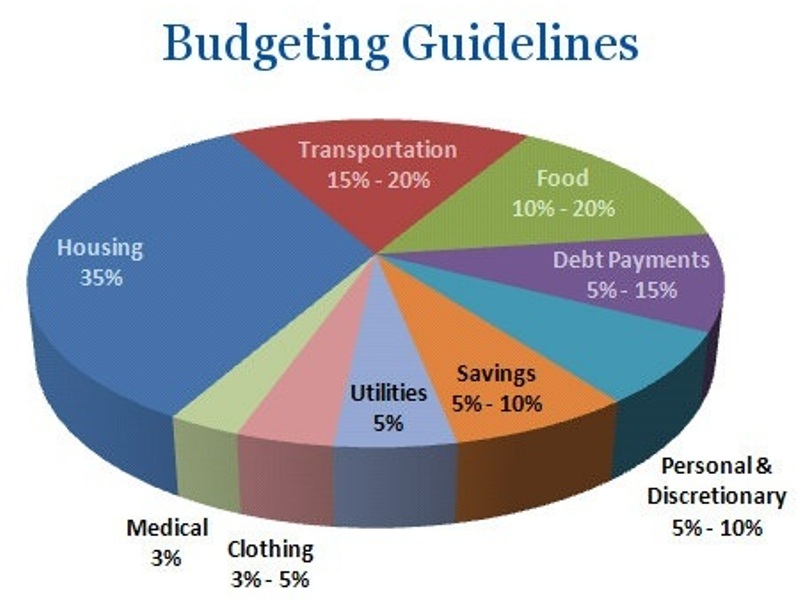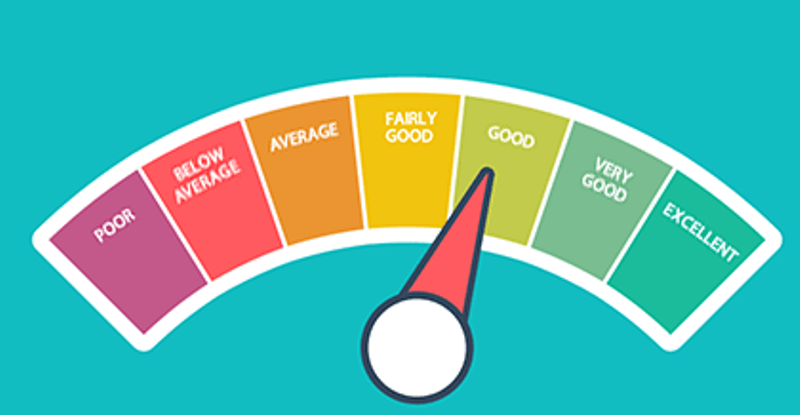Your family works as a small company. You have entries and exits. Now try to imagine being the administrators of this company. At the end of the year, the revenues should preferably be higher than the exits – and then there is money left to make a dream or save for a project. There are families who live in prosperity and are able to manage their finances, while others are constantly in debt and cannot make ends meet. Why is this happening?
Of course, these questions were asked many families of our time. One of the main answers to this question is that these people are not familiar with the concept of the family budget, and the ability to plan it.
Total budget
You unite all incomes, and from them, you pay bills and personal expenses. Cons: it will not work to make surprises; there may be disputes if you and your partner have very different earnings.
The mixed budget
It is suitable for couples with unequal incomes. Each allocates to the common boiler an equal amount of money or equivalent in percent.
Separate budget
The name speaks for itself – you divide the total expenditure in half, the remaining money is spent on yourself. Less: it is inconvenient to plan big purchases.
You need proper planning
• It helps to avoid impulsive purchases, which are often unnecessary.
• Helps to more meaningfully approach spending and achieve goals, such as saving on entertainment, to afford an expensive purchase, or to repay loans quickly.
• Eliminates misunderstandings and suspicions. When you see at the planning stage how much money is spent on each person, you can correct the costs and restore justice.
Transparency of the budget
Your financial relations in the family will partly clear up at the planning stage, but for complete harmony, transparency is also necessary for the process of fulfilling the plan. If you do not know how much you spend, start taking into account finances.
Use any mobile app to track your costs
This method is much more convenient and fast. In the App Store and Google Play, there are many applications that allow you to record all costs by category, set up shared access for all family members, and view statistics.
Different savings
Different accounts show progress for each goal separately. There is no illusion that you have accumulated a lot just because all the money is in one account. If you save money for a car, vacation, and a wedding in one account, then you risk overestimating your opportunities and spend more on vacation than planned.
Unnecessary expenses
Analyze the structure of the budget and think about what you can spend less? On which categories, on the contrary, do you want to increase costs? If the amount of total expenses is greater than earnings, you should think about strategies to cut expenses or reduce bills. If your monthly income is greater than your total expenses, you should be able to put something aside. This money can be used for a mortgage, for university fees, or any other particularly expensive expense.
Record your earnings and calculate the total amount.
Include any kind of income, even those not invoiced (tips, chores, money received in cash and tax-free), the money you found on the ground, and your salary (or the monthly balance if you get paid every two weeks). Salary means only the amount of your paycheck, not all income in a given period of time. Record all revenue from any source, with the same level of accuracy with which you document the expenses. Calculate revenue on a weekly or monthly basis, as appropriate.
Each person’s contribution to the budget
Decide how much you can invest in a common pot and how you will compensate for the greater contribution of another person. You can allocate 70% of your income to the budget, but not the entire amount, then everyone will have their own money. If you have nothing to invest – offer your time and take on household duties such as cooking and cleaning. To plan a greater budget each one of the houses in working conditions should contribute even less to the budget.
Gifts and holidays
Agree on all the irregular expenses. A gift to your nephew, corporate – consider everything. You do not need to count every penny, but try to be within your own limits. Usually, with unscheduled expenses, our savings suffer – we take money from them. It is better to calculate at the beginning of the month your daily spending limit taking into account all the holidays.
Conclusion
Do not keep all your money in one account or in one bank. Use a checking account for expenses, savings account for your short-term savings, an investment account, and medium-term savings and a retirement account for long-term deferred tax savings. Following this rule will help you get the right money in the right place whenever you need it, both now and in the future.
It happens that one member of the family is trying to achieve some goal – to cut costs, to pay off the loan faster, or to save for a trip, and the second support it only in words. To avoid this, you need to pre-negotiate goals and strive for them together.
For example, you decided to pay off the mortgage faster. You agree with the spouse to allocate a certain amount for this, open access to the mortgage and start paying it off together. In this case, the vague desire to quickly pay turns for him to a specific goal – to make this month five thousand, and your plans begin to be realized.





































